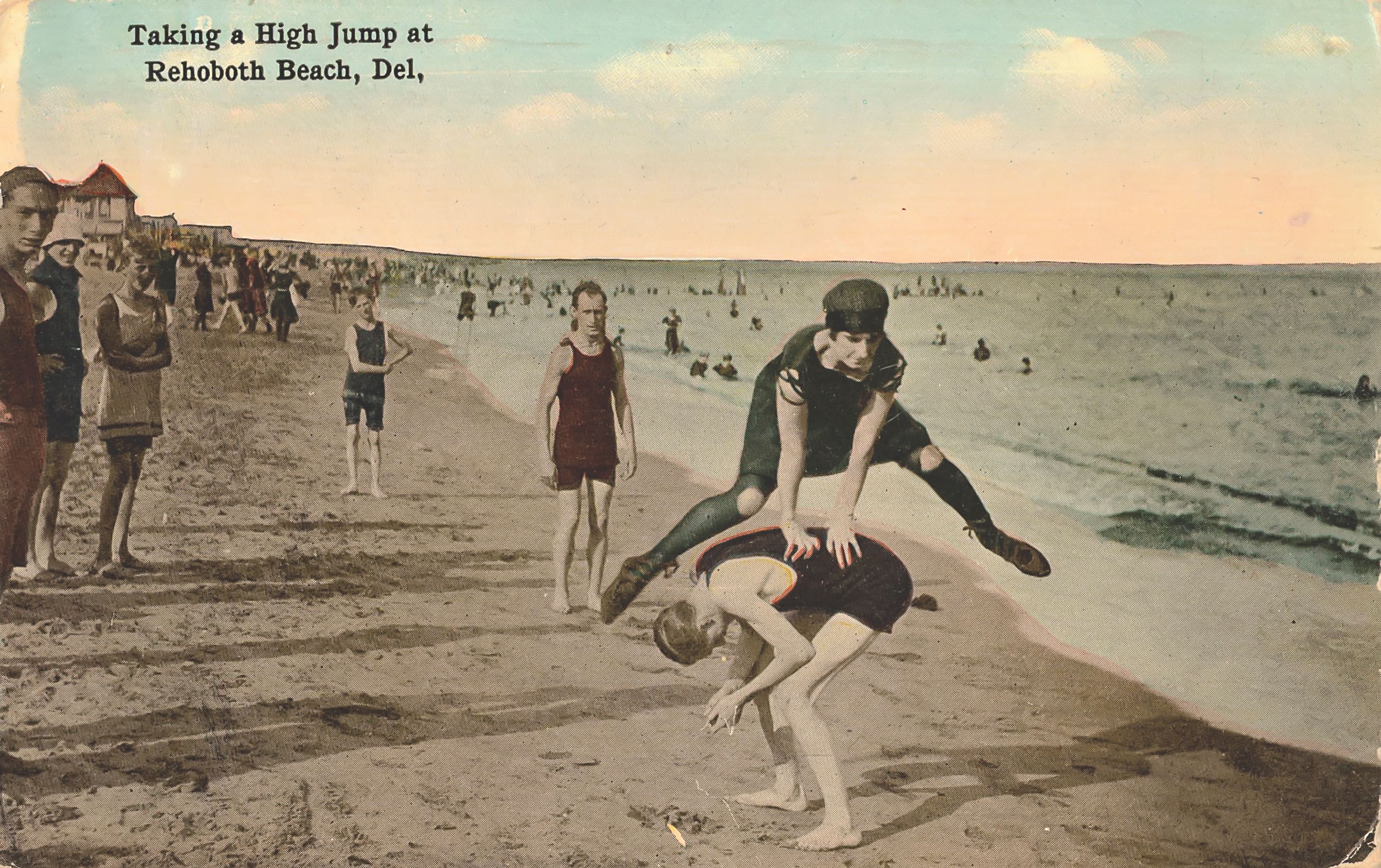Rock On!
- Details
- Written by Kris Legates
Demand for live entertainment is high in coastal Delaware. These musicians are answering the call.
By Pam George
Photograph by Scott Nathan
From the July 2023 issue

When Jake Banaszak and B.J. Muntz moved from New Castle County to coastal Delaware in 2004, they planned to stay only for the summer. The musicians were looking for gigs, and they’d spotted an increased demand for bands at the beach. The relocation was well worth it. “We never left,” Banaszak says.
Their band, Lower Case Blues, is playing six nights a week this summer — one less than in 2022 because everyone needs a break, Banaszak says. “There’s no shortage of work, that’s for sure.”
Lower Case Blues isn’t the only group with a packed schedule. The Hot Sauce Band, known for its very lively, mostly instrumental music with a Latin flair and unexpected song choices, performs up to 11 times a week, according to percussionist Michael Shockley. His brother, Ed, is equally busy playing with The Funsters and Vinyl Shockley, among several others.
Greetings From The Past
- Details
- Written by Kris Legates
When creating a book from the Rehoboth Beach Museum’s postcard collection, these two designers didn’t just mail it in
By Bill Newcott
Photograph courtesy of the Rehoboth Beach Historical Society
From the July 2023 issue

The young woman in the photograph has clearly gotten a good running start, even on the soft sand of Rehoboth Beach. At this split second she is aloft, her legs spread at a wide angle, displaying a daring flash of knee that peeks into the summer sun from just below the skirt of her black woolen bathing suit and just above the long black stockings that reach up from her somewhat clunky-looking black shoes.
In a plucky show of feminine assertiveness, she is leapfrogging over a young man, his hair slicked down, his body positioned in a deep crouch. Beyond this frozen tableau, a few dozen bathers pause their vacation reveries to watch the action. Somewhere in that crowd, no doubt, a Civil War veteran, or perhaps his widow, is shaking their head and muttering, “Honestly. Young people today …”
Doing the Dirty Work
- Details
- Written by Kris Legates
Running a coastal housekeeping operation is often quite a chore
By Pam George.
Photographs by Carolyn Watson.
From the May 2023 issue

Prior to the pandemic, coastal housekeeping companies were cleaning up. Jennifer and Jimi Kellogg, who founded Dust n Time in 2009, had five vans on the road, each ferrying up to five cleaners between jobs.
Biamby Cleaning Services’ revenue soared from $7,000 in 2009 to six figures by early 2020. And Ecolistic Cleaning, which uses earth-friendly ingredients, had expanded from Annapolis to Baltimore to Sussex County, where founder Courtney Sunborn now lives. Then came COVID-19. In early spring 2020, Gov. John Carney banned commercial lodging and short-term rentals to all but essential workers. Many residential clients did not want people in their homes — and many cleaners didn’t want to enter them.
While news headlines focused on the ailing hospitality industry, housekeeping companies quietly suffered. “We lost six figures’ worth of income,” says Jeannie Biamby.
The situation has improved, but the coastal industry is still adjusting to a new normal, with rising wages needed to attract and retain staff while supply costs soar.



